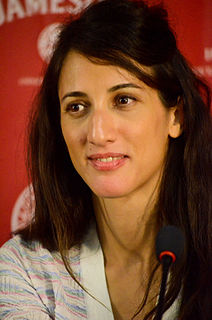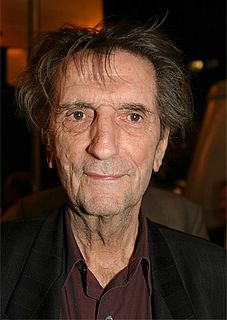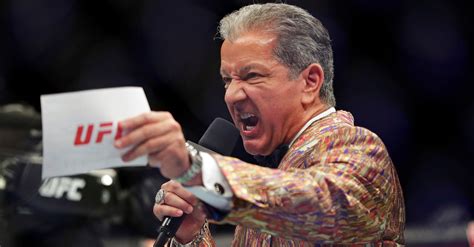A Quote by Deniz Gamze Erguven
With a screenwriter and with the actors there is always an environment of trust. You can say anything, all your secrets, and you know that it won't get out of that room.
Quote Topics
Related Quotes
The thing that I mostly get from my parents is 'trust your stuff.' That's what my dad always says. Trust your stuff. I tend to get very insecure and doubt myself, but then I think of that and I say to myself, 'OK, you can do this. You know your material, you know what you have to do, you just have to trust it and have fun.'
Do you have your own room, Charlie Brown?" "Oh, yes... I have a very nice room." "I hope you realize that you won't always have your own room... Someday you'll get drafted or something, and you'll have to leave your room forever!" "Why do you tell me things like that?" "It's on a list I've made up for you... I call it, Things You Might As Well Know!
Having been an actor, I always want to leave room for the actors to find their comfort zone, so I don't like to be too rigid in how I plan my shots. It's different if you have weeks to rehearse and you can rehearse on your sets or in your locations and you can plan that out with your actors, but in modern independent filmmaking, you don't really have that time. You have to have a certain level of improvisation.
Trust, like love, is a word that has great power Everybody deserves their own space, in their own time. You are even entitled to keep secrets. But it is not secrets that destroys things, suspicion does. For it may take many years to build trust, sometimes.. all it takes is suspicion, you don't even need proof to destroy trust. So, if you say you can trust someone, you're admitting to something that is even greater than love. Trust, like love, is a word that has great power.
Young screenwriters are always very frustrated when they talk to me. They say, 'How do we get to be a screenwriter?' I say, 'You know what you do? I'll tell you the secret, it's easy: Read 'Hamlet.' You know? Then read it again, and read it again, and read it until you understand it. Read 'King Lear,' and then read 'Othello.'
































